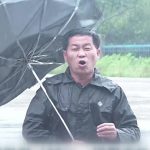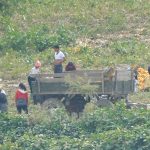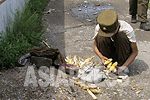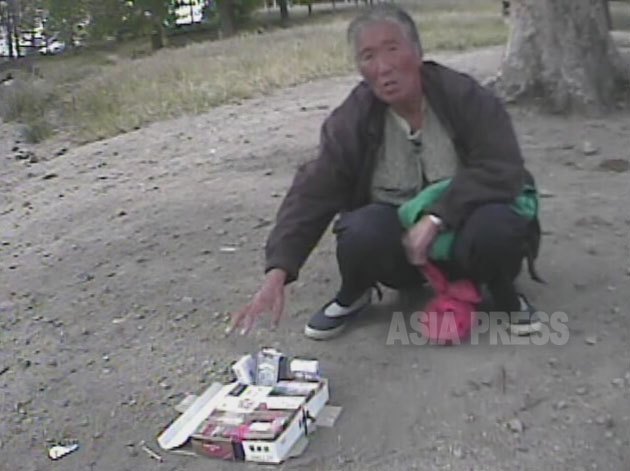
The children and relatives of the elderly, who are neglected by the government, also face challenges. The situation is even more bleak as there is no hope or room for improvement. In the second part of this series, ASIAPRESS takes a closer look at the reality of North Korea's elderly who have nowhere to turn. (KANG Ji-won / JEON Sung-jun)
◆ Government systems for supporting elderly people have collapsed
Q4.We're curious about the government's policies toward elderly people. Is there a pension system or something similar in place?
“A” : We don't call it a pension, we call it a subsidy. In the 90s, it was 35 to 70 won per month, but in the 2000s, it increased to 5,000 won. There are some people who receive les than 20,000 won, but usually they receive 5,000 to 7,000 won. At the end of the month, elderly people go to government offices and ask why the subsidy is not given, which makes it difficult for the officials.
“B” : Depending on where they work and how long they've been working, elderly people get about 5,000 won a month, but they can't do anything with it. It's just a formality.
*As of mid-March 2024, 1 kilogram of white rice costs about 6,000 won in North Korean currency. 1,000 North Korean won is about 146 South Korean won.
◆ Children abandon elderly parents due to economic difficulties
Q5.The children of elderly people will face considerable burdens if the government's systems aren't functioning. What kind of perceptions exist in North Korean society about caring for elderly parents?
“A” : Families don't really try to support (their parents). Most siblings avoid each other because it is difficult for them to make a living, and it is difficult to move from place to place because of eviction problems, so they tend to stay where they are.
*In North Korea, people do not have the freedom to change their place of residence without permission. Changing one's residence is a long and complicated process.
“B” : If they have children in the countryside, most elderly parents go to the countryside (to live with them). Nowadays, there's nothing for the elderly to do in urban areas because the government is cracking down on street selling. They have nothing to do but collect things to burn for heating purposes, even collecting toilet paper from toilets.
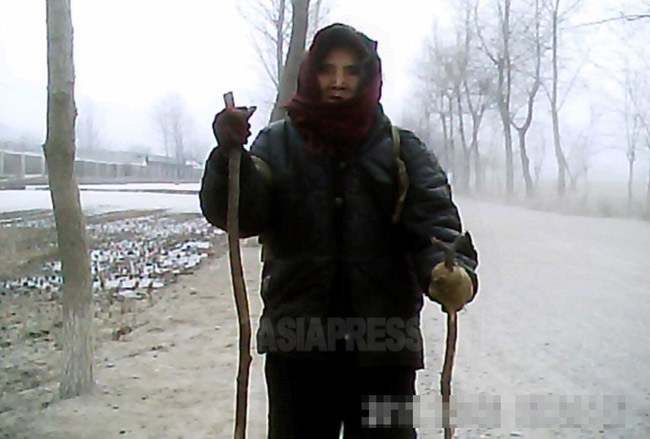
◆ Abuse toward elderly people is a social problem
Q6.Are there any social movements or lectures aimed at improving perceptions toward elderly people or encouraging people to take care of their elderly parents better?
“A” : The Socialist Women's Union of Korea and neighborhood watch units frequently tell people to report anyone who beats or abandons elderly people or refuses them food so that they can be punished. These organizations say that sun act
In one district in January, an old man slipped and died of a concussion while going to the toilet without proper winter clothes. The officials put his son, who works in a paper factory, on the stage at a struggle meeting (to criticize his actions in causing the incident).When you get old, you die, that's what old people usually say. There's no social movement or anything like that, just local district offices that organize activities for the elderly during the day. But noone activities, and I've never seen them conducted properly.
“B” : There is a lot of criticism about the mistreatment of the elderly at home. Because the elderly have nowhere to turn to for support, some people go to the local government office, neighborhood watch unit, or police station if they problems. They'll also go to these offices to complain about not getting food, or to report that their children have said bad things to them. As a result, many children of elderly people have a tough time because they are called .
The comments above are from interviews conducted by ASIAPRESS.
While the world is focused on Kim Jong-un's antics and North Korea's nuclear tests and missiles, the elderly and vulnerable suffer every day in the darkest corners of North Korean society. This is why the international community must speak up for their . End of series)
※ ASIAPRESS communicates with its reporting partners through Chinese cell phones smuggled into North Korea.
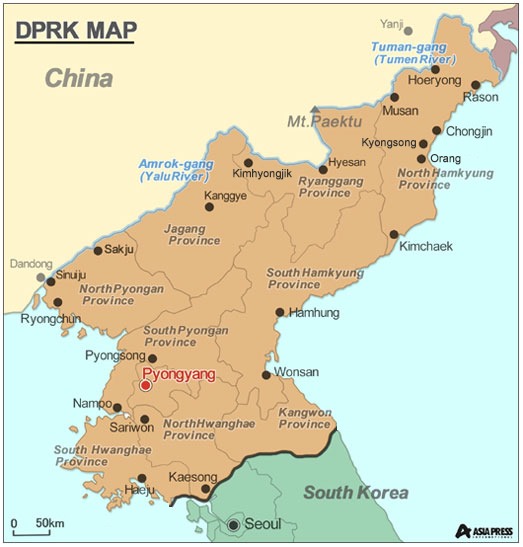

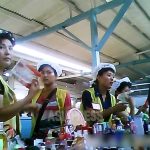
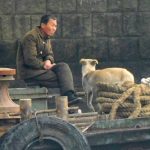

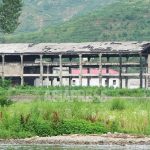
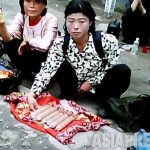
![<Latest Photo Report> Scenes of North Korea Captured by Super Telephoto Lens (2) People Trapped in a "Cage” of Their Own Construction [ISHIMARU Jiro]](https://www.asiapress.org/rimjin-gang/wp-content/uploads/2021/08/20210823-asiapress-01-150x150.jpeg)

